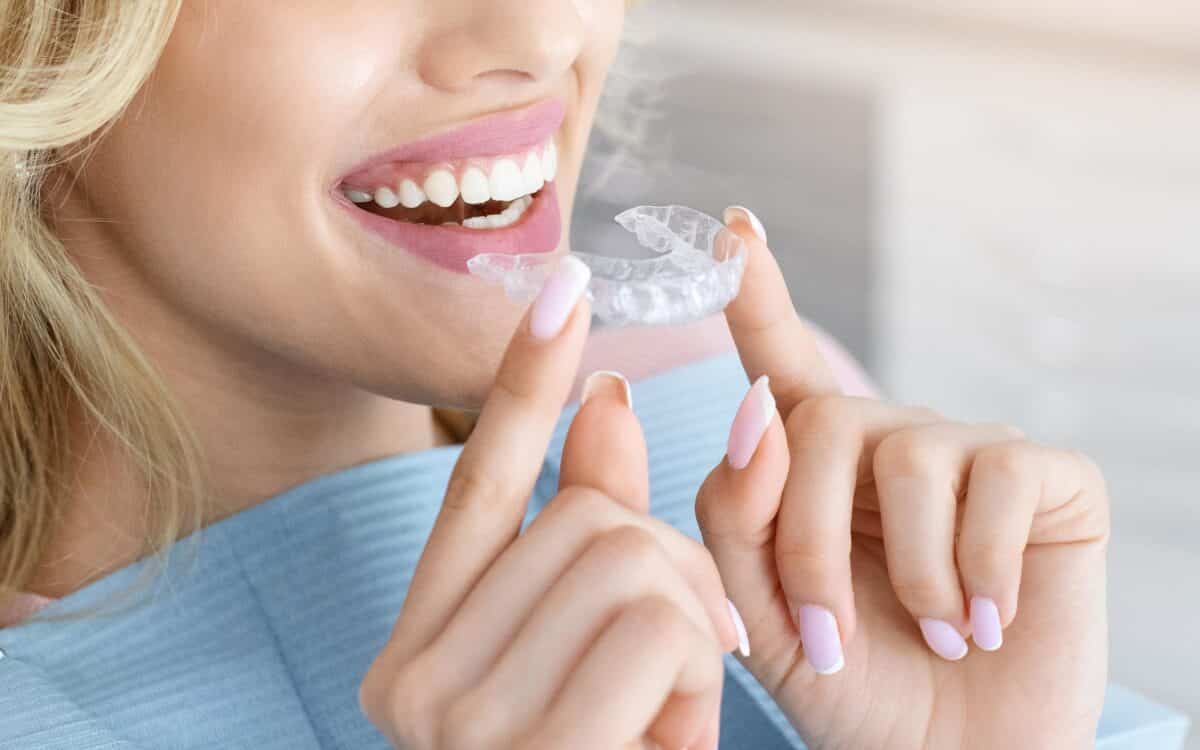Not having dental insurance is more common than many people realize. Whether you are self-employed, between jobs, retired, or covered by a plan with limited benefits, dental care can start to feel financially out of reach. The good news is that affordable dental care does not have to depend on traditional insurance.
Dental membership plans offer a straightforward way to receive preventive and restorative care without deductibles, waiting periods, or surprise costs. This article explains how dental membership plans work, who they are best for, and how they can make routine dental care more accessible.
What does it mean to go to the dentist without insurance?
Going to the dentist without insurance often means paying out of pocket for cleanings, exams, and treatments. Many patients delay care because they are unsure of costs or worried about unexpected expenses.
When dental visits are postponed, small issues like plaque buildup or minor sensitivity can develop into more serious problems. Cavities, gum disease, and tooth infections tend to cost more to treat when they are addressed later rather than early.
Affordable dental care options help bridge this gap by making routine visits predictable and manageable.
How does a dental membership plan work?
A dental membership plan is not insurance. It is a direct care plan offered by a dental office to its patients.
Members typically pay an annual or monthly fee. In return, they receive preventive services such as exams, cleanings, and routine X-rays at no additional cost. Many plans also include discounted pricing on additional treatments if needed.
Because there are no claim forms, annual maximums, or waiting periods, patients know exactly what they are paying for and when they can receive care.
Why are membership plans a good option for patients without insurance?
Membership plans are designed for people who want access to consistent dental care without the complexity of insurance policies.
For patients without insurance, these plans reduce financial uncertainty. Instead of skipping appointments due to cost concerns, patients are encouraged to stay on a regular preventive schedule.
Membership plans can also support better long-term oral health. Regular cleanings and exams help detect problems early, which often means simpler and more affordable treatment.
How do membership plans support affordable dental care?
Affordable dental care is not only about lower prices. It is also about preventing expensive problems before they start.
By including preventive services and offering reduced rates on additional treatments, membership plans help patients budget for dental care throughout the year. This approach aligns with how oral health naturally works, focusing on maintenance rather than emergency treatment.
At Smith Dentalworks, membership plans are structured to support consistent care in a comfortable, patient-focused environment.
Are dental membership plans the same as dental payment plans?
Dental membership plans and dental payment plans serve different purposes.
Membership plans focus on preventive care and discounted services through a subscription-style model. Dental payment plans, on the other hand, spread the cost of specific treatments over time.
Many patients use both options together. A membership plan helps keep routine care affordable, while a payment plan can make larger treatments easier to manage if they become necessary.
When should you consider a dental membership plan?
A membership plan may be a good fit if you do not have dental insurance, if your insurance offers limited benefits, or if you want predictable dental costs.
Patients who value preventive care, transparency, and flexibility often find membership plans easier to navigate than traditional insurance. They are especially helpful for families, retirees, and self-employed individuals seeking long-term oral health support.
Contact Us to Learn About Membership Options
If you are searching for a dentist with no insurance options that still prioritize quality and comfort, a dental membership plan may be worth exploring. Consistent preventive care plays a major role in protecting your smile and reducing long-term costs. To learn whether a membership plan fits your needs, contact Smith Dentalworks and speak with a team focused on accessible, patient-centered care.
Frequently Asked Questions
Is a dental membership plan insurance?
No. Membership plans are not insurance and do not involve claims, deductibles, or coverage limits. They provide direct access to dental care through the office offering the plan.
Can I join a membership plan at any time?
Most dental offices allow patients to enroll at any time. Benefits typically begin immediately or within a short enrollment period.
Do membership plans cover all dental procedures?
Preventive services are usually included, while additional treatments receive discounted pricing rather than full coverage.
Are membership plans good for families?
Yes. Many offices offer family-friendly membership options that make routine dental care more affordable for multiple household members.
Can I still use a dental payment plan with a membership?
In many cases, yes. Membership plans and dental payment plans can complement each other depending on treatment needs.











